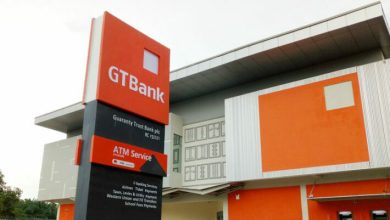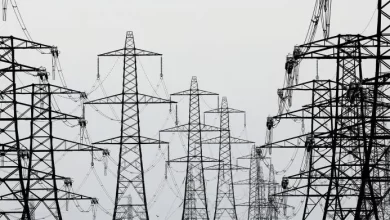Transporting goods from Lagos to Kano more expensive than China to Lagos – MAN
...calls for structured policies over Nigeria/China currency swap

Mansur Ahmed, president of the Manufacturers Association of Nigeria (MAN), says it is more expensive to transport goods from Lagos to Kano than from China to Lagos.
Ahmed was speaking at the 2020 edition of the MAN reporter of the year award.
The MAN president said competitiveness cannot be achieved in the absence of infrastructure like roads and electricity.
He advised the government to enact industry-friendly policies as a way of assisting them to grow.
Speaking on the imminent increase in electricity tariff, the MAN president said it could have a negative impact on the gross domestic product and gross national product seeing as electricity constitutes up to 40% of the cost of production.
According to him, uneven pricing across electricity distribution companies (DisCos), if not corrected, will lead to uneven development in certain parts of the country.
Ahmed also said he has been confirmed as the chairman of the Pan-African Manufacturers Association (PAMA), the umbrella body of manufacturers in Africa.
…calls for structured policies over Nigeria/China currency swap
The Manufacturers Association of Nigeria, (MAN) has called for structured fiscal policies to ensure that the Nigeria-China currency swap agreement truly benefits the manufacturing sector and the Nigerian economy.
MAN made the call in an economic report detailing the implications and benefits of the currency swap agreement made available to newsmen on Thursday in Lagos.
The association, in outlining the benefits of the currency swap to the manufacturing sector, said access to Yuan liquidity at Nigerian banks would make trading transactions smoother and more cost effective.
Reports show that a reduction on the strain on Nigeria’s foreign reserve denominated in Dollars was mentioned among the benefits of the currency swap.
On the other hand, the report detailed that unrestricted access to Yuan at an overvalued Naira exchange rate would encourage importation and stifle local production of goods which negates government import substitution agenda.
This, the association explained would cause de-industralisation and unemployment.
The economic report further reads that, “The Nigeria-China currency swap if implemented without appropriate monetary and fiscal policies would bring about challenges which may affect the attainment of national economic aspirations.
The association recommends that the Central Bank of Nigeria must ensure constant monitoring so that an increase in demand of the Yuan would not result in depreciation of the Naira.
The reports state that a currency swap is designed to protect Central Banks of parties involved from losses owing to fluctuations in currency values.
Also, the Nigeria-China currency swap agreement is expected to aid trade transactions and remove the need to first source for US Dollars in the course of transactions involving the two countries.
The deal is a 3 year tenure which allows to swap a maximum amount of 15 billion Renminbi/Chinese Yuan for 720 billion Naira.





